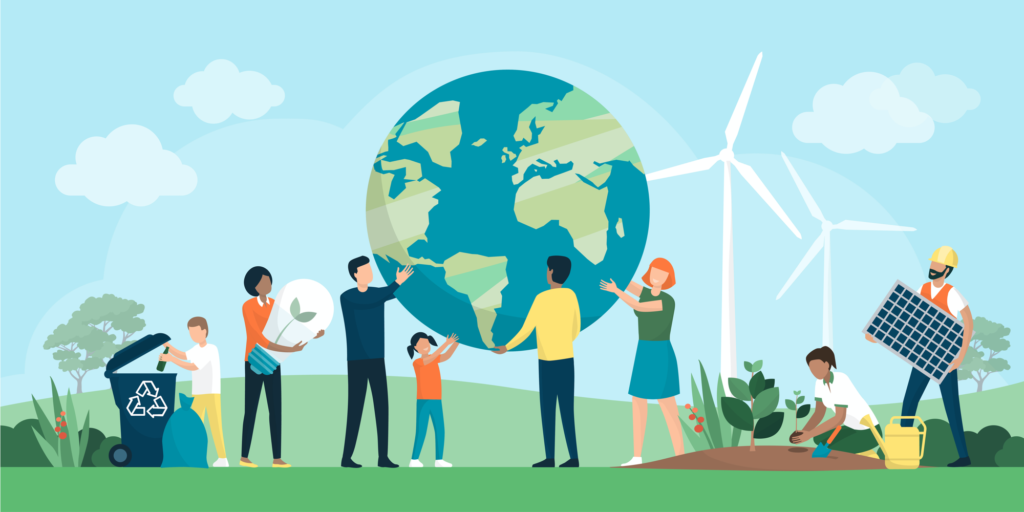Mobility, Housing, Trust: Recommendations for EU Level Policy

28 June 2022
What kind of recommendations for European policy can be derived from the focus group discussions with vulnerable people? The experts of the EU level Task Force have been investigating this question in recent months. In March and April, they met three times to discuss the work of the focus groups from an EU perspective and to develop policy recommendations. Through this, the EU level Task Force complements the work of the various national expert meetings.
In the first meeting, the EU level experts focused particularly on mobility, while the next meeting was devoted to housing. In the third meeting, the EU Task Force looked at further themes that arose in focus group discussions, notably trust, agency and communication.
Mobility: Various challenges to overcome
The issue of mobility is subject to various challenges: For example, there is insufficient data on people experiencing transport poverty. Moreover, it is complex to measure as different dimensions of inequality are overlapping.
Another challenge is to prevent fossil fuel traps for vulnerable people: People who cannot afford a newer, cleaner vehicle might end up having to pay more for petrol or diesel. In addition, they could suffer from additional taxes or exclusion from city centres.
Housing: How to prevent ‘green gentrification’?
Concerning housing, the experts focused on how to boost investment in green, affordable housing and how to incentivise landlords to improve the energy efficiency of their properties – all while limiting the increases in rental prices. Otherwise, the energy transition could lead to ‘green gentrification’: Vulnerable people would be pushed out from their communities. The experts felt that existing financial support measures for renovations did not always reach the most vulnerable – either due to the bureaucracy involved, or the need for co-financing.
Establishing energy quotas was one of the measures discussed: Each individual would be allocated a certain amount of energy use for low or no cost. Any energy used above this limit would then be progressively taxed.
Using trusted networks
Similar to the national expert panels, the EU level experts also discussed which measures could help to reach vulnerable people in the complex issue of energy transition. After all, the focus groups also revealed a great deal of pessimism and a lack of trust. Communication on the energy transition is often too technical to reach non-experts. In addition to target group orientated ‘top-down’ communication, the experts confirmed a need for more ‘bottom-up’ listening exercises that allowed citizens to properly engage in this transformation.
The energy transition should furthermore rely on trusted networks that people already have. An “army of intermediaries” could give guidance on how to access support and on how to make behavioural changes more effectively. These intermediaries could be civil society organisations, churches, health or social workers. Experts felt that both the EU and member states should prioritise the provision of training to these bodies and individuals.
In addition to the suggestions above, experts also recognised the need for deeper changes which properly tackle the structural reasons for inequality. These could be measures to reduce the prevalence of in-work poverty and a reform of the EU’s economic model that goes beyond the pursuit of gross domestic product to deliver wider societal and environmental objectives.
